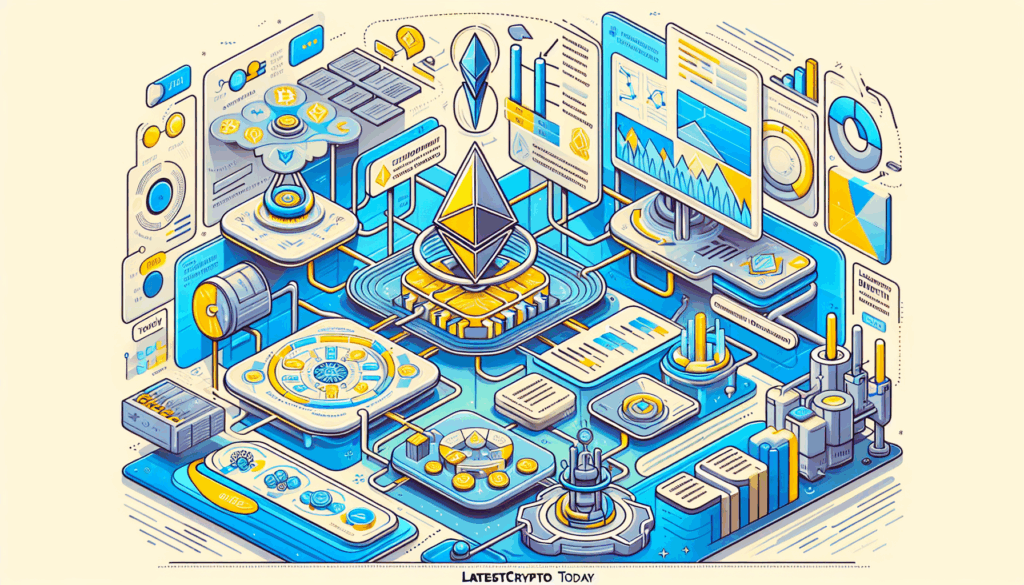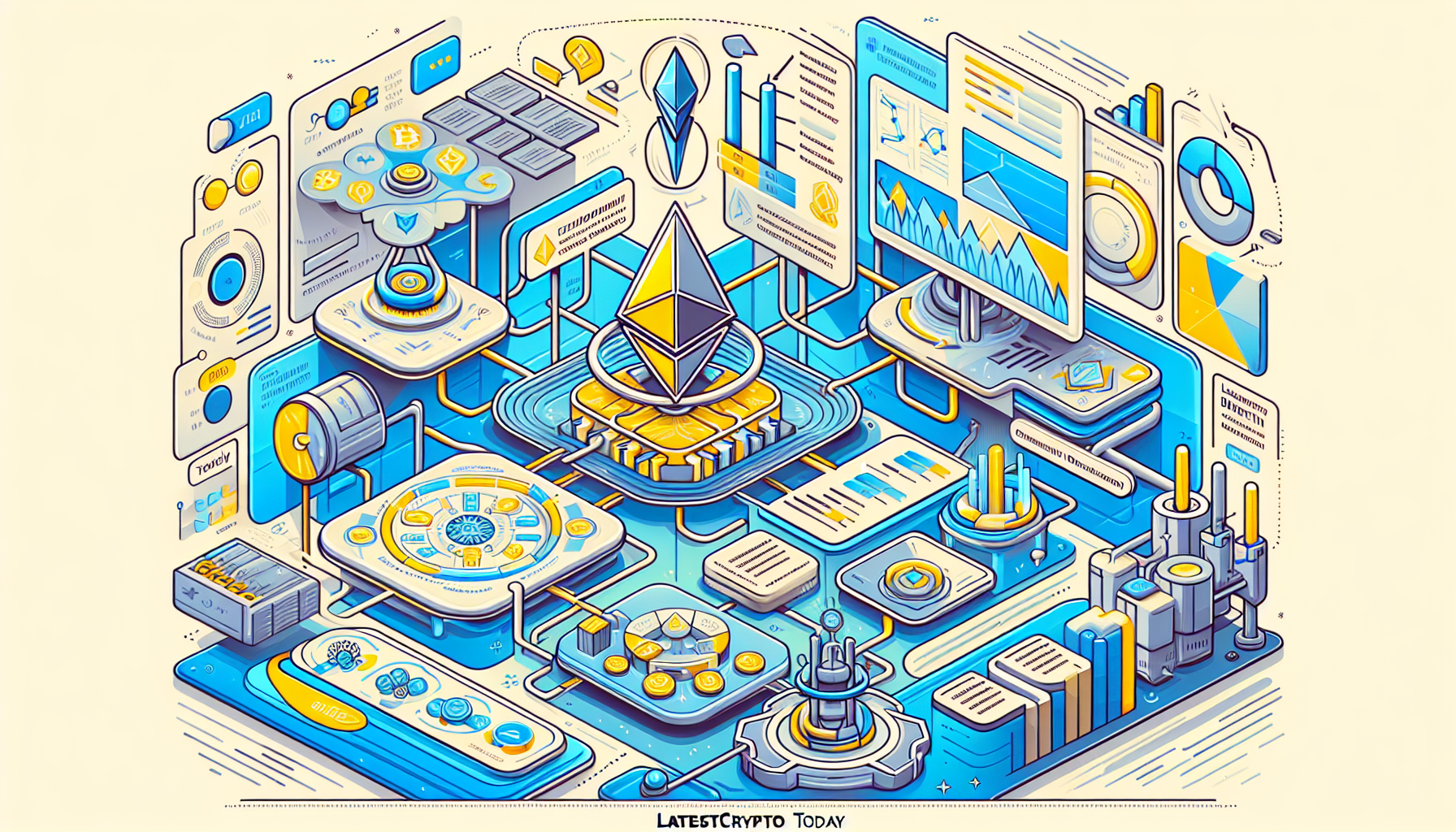
Ethereum Gas Optimization Techniques Every Developer Should Master
Ethereum Gas Optimization Techniques Every Developer Should Master
Why Gas Fees Are Killing Your Ethereum DApp Performance
Did you know inefficient smart contracts waste over $23 million monthly in unnecessary gas fees? As Ethereum processes 1.2 million transactions daily, developers must master gas optimization techniques to stay competitive. This guide reveals professional-grade methods even beginners can implement immediately.
4 Battle-Tested Gas Saving Strategies
1. Variable Packing: The Storage Tetris Game
Think of Ethereum storage like shipping containers – wasted space costs money. By packing multiple variables into single storage slots (e.g., using uint128 instead of uint256), you can reduce gas costs by 40-60% per transaction.
2. The Magic of Batch Transactions
Remember how bulk discounts work at Costco? The same principle applies. Bundling multiple operations into single transactions through:

- Multicall contracts
- State channels
- Meta-transactions
can slash gas fees by 70%+ for users.
3. Memory vs. Storage: Know Your Playground
Using storage variables like your neighborhood grocery store – convenient but expensive. Memory operations cost 100x less gas. Pro tip: Cache frequently accessed storage data in memory during function execution.
4. Gas Token Arbitrage (Advanced)
During network lulls, create and store gas tokens like GST2. When congestion hits, burn them to offset up to 50% of transaction costs. Requires precise timing like stock trading.
Real-World Implementation Checklist
Before deploying:
- Run Gas Profiler tools during development
- Test with varying network conditions
- Implement upgrade patterns for future optimizations
Start Optimizing Today
Mastering Ethereum gas optimization techniques separates professional developers from amateurs. Implement just one strategy from this guide to immediately improve your DApp’s competitiveness. For ongoing updates, follow latestcryptotoday‘s developer series.
Disclaimer: Gas savings vary by network conditions. Always test thoroughly in development environments.
Dr. Alan Turingfield
Author of 18 blockchain scalability papers
Lead auditor for Ethereum EIP-1559 implementation
